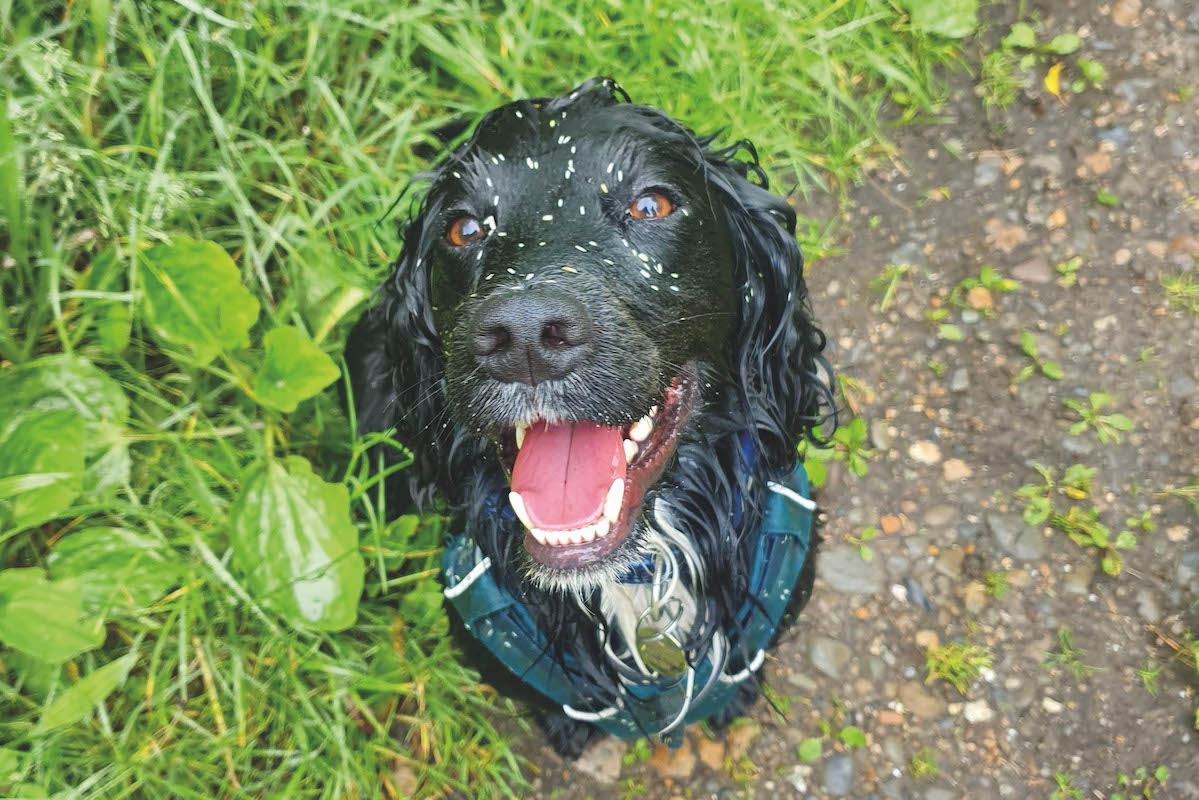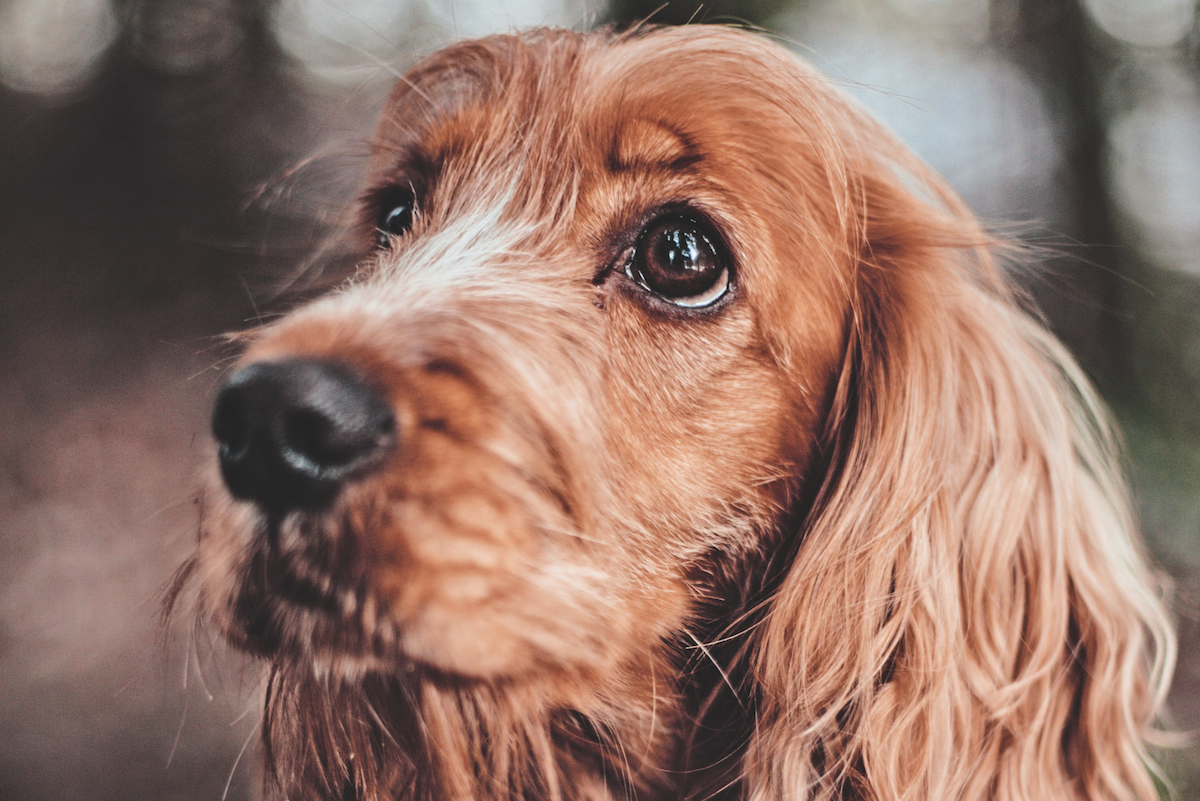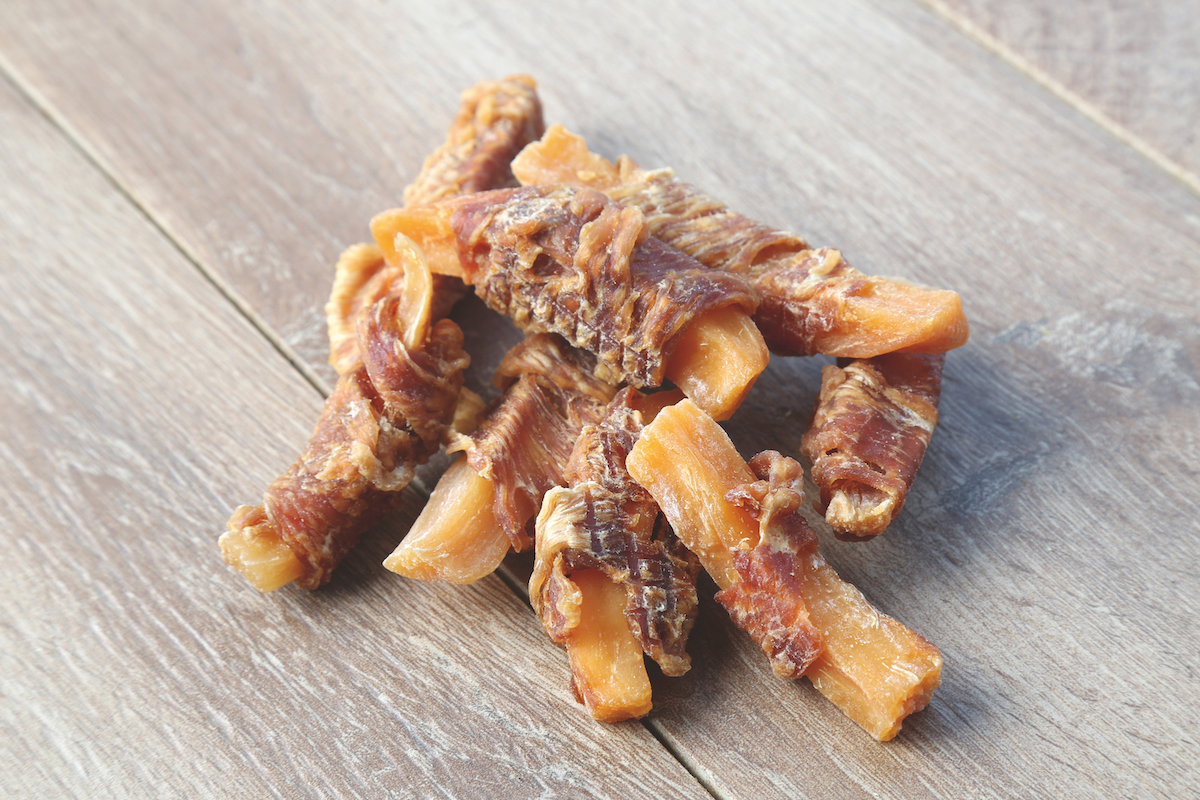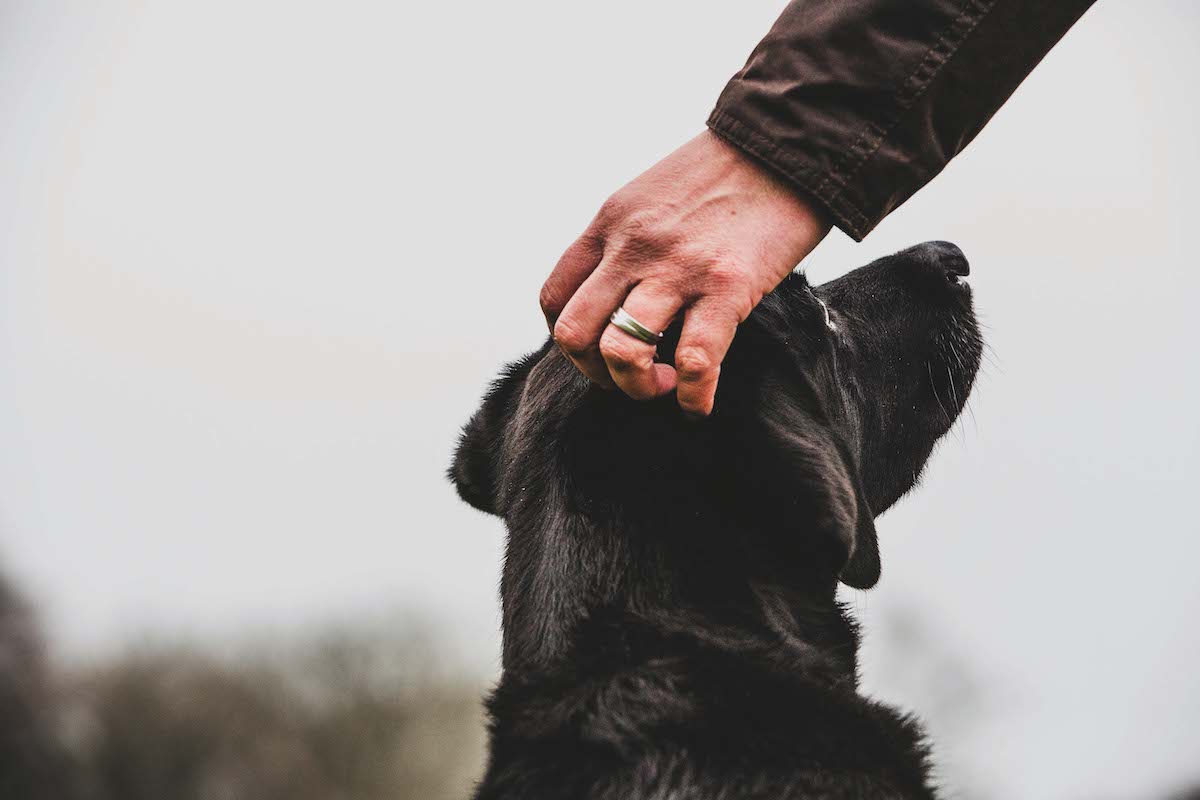Dogs and grass seeds – here’s what you need to know
Tony Buckwell gives some seasonal advice

Long-haired dogs such as spaniels are particularly prone to pick up grass seeds
Q: What can I do to best protect my dog from the dangers of grass seeds?
Grass awns (the spiky seeds found especially in long grass during the summer months) can easily slide down the ear canal and, because they have long, backward-projecting ‘hairs’ attached to the seed case, aren’t easy to remove.
Furthermore, grass seeds are sharply pointed and can penetrate skin, the lining of the ear canal and even the ear drum. They often cause intense irritation, causing the dog to start shaking its head in distress. (Read can dogs be stung by nettles?)
Once they descend into the ear canal, they are hard to extract without suitable equipment. If the ear is left untreated, chronic infection can become established, so seek veterinary attention, particularly if your dog becomes distressed by the irritation. Furthermore, grass awns don’t just penetrate dog’s ears. They can just as commonly penetrate between the toes and can also irritate the eyes and become lodged behind the ‘third eyelid’, where they can damage the cornea (the transparent front of the eyeball).
All dogs can be affected by grass seeds but they tend to be particularly problematic for those dogs that have feathery coats and enjoy running through long grass. To help prevent problems from grass awns, avoid exercising your dog on meadow-type grasses during the summer months and stick to walks on short grass, pathways and in forested areas. Keep the hair around the dog’s ears and paws short to minimise the risk of grass seeds sticking and burrowing into the skin.
Inspect your dog after a walk, and if you notice a grass seed in the coat or on the surface of its skin, remove it straight away. If you spot a seed that has started penetrating into the skin, or if your dog is licking or chewing at a sore place, or you suspect your pet might have a seed in its eyes or ears, contact your vet straight away.








